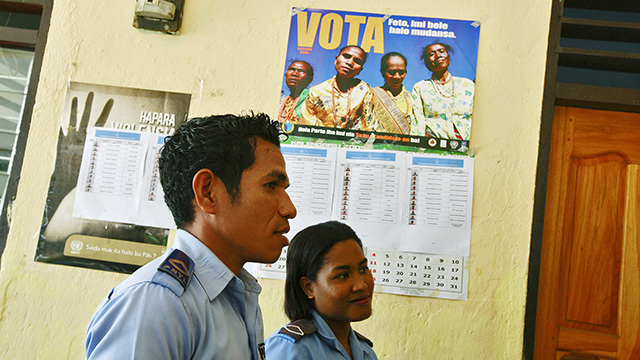Section 4: Open Election Data in Practice: Examples from Latin America
Introduction
The open election data principles outlined in Section 2 are meant to provide clear, concrete guidance to those responsible for publishing election data, as well as a framework by which election observers, political parties, the media and other oversight actors can evaluate how "open" a given country's election data truly is. In this section, NDI moves from principles to reality by applying the open election data principles to existing election data in 18 countries in South and Central America.

The Institute chose South and Central America because, while anecdotal information has suggested that election management bodies (EMBs) in some countries of the region release election data in a variety of categories in an open manner, these efforts have not been assessed systematically. As a result, potentially valuable lessons and examples may not be captured and drawn from within and outside the region. In addition, South and Central America provide a diverse set of countries in which to assess how well the open election data principles in Section 2 of this report are adhered to in practice.
NDI analyzed which categories of election data are available online for the most recent elections in 18 countries of South and Central America.[1] For each of the countries, NDI assessed what data was available online in the categories described in Section 3. For each set of data that is available, the Institute then evaluated the data based on each of the open election data principles.
Among the 18 countries, NDI has chosen six countries to highlight through in-depth examples of how relevant, granular data is being provided in open, analyzable and bulk formats -- in other words, it meets many of the open election data principles. The six countries are Argentina, Brazil, Chile, Costa Rica, Mexico and Peru. There are other countries that could have also been highlighted, but NDI has selected these six countries because the data they provide in several different categories stand out as meeting many of the open election data principles.
NDI hopes that EMBs, civil society groups, political parties, media, international organizations and other stakeholders focused on making election data more open can draw lessons from the examples we have highlighted in this section.
NDI did not assess data in Belize, French Guiana and Suriname. ↩︎
